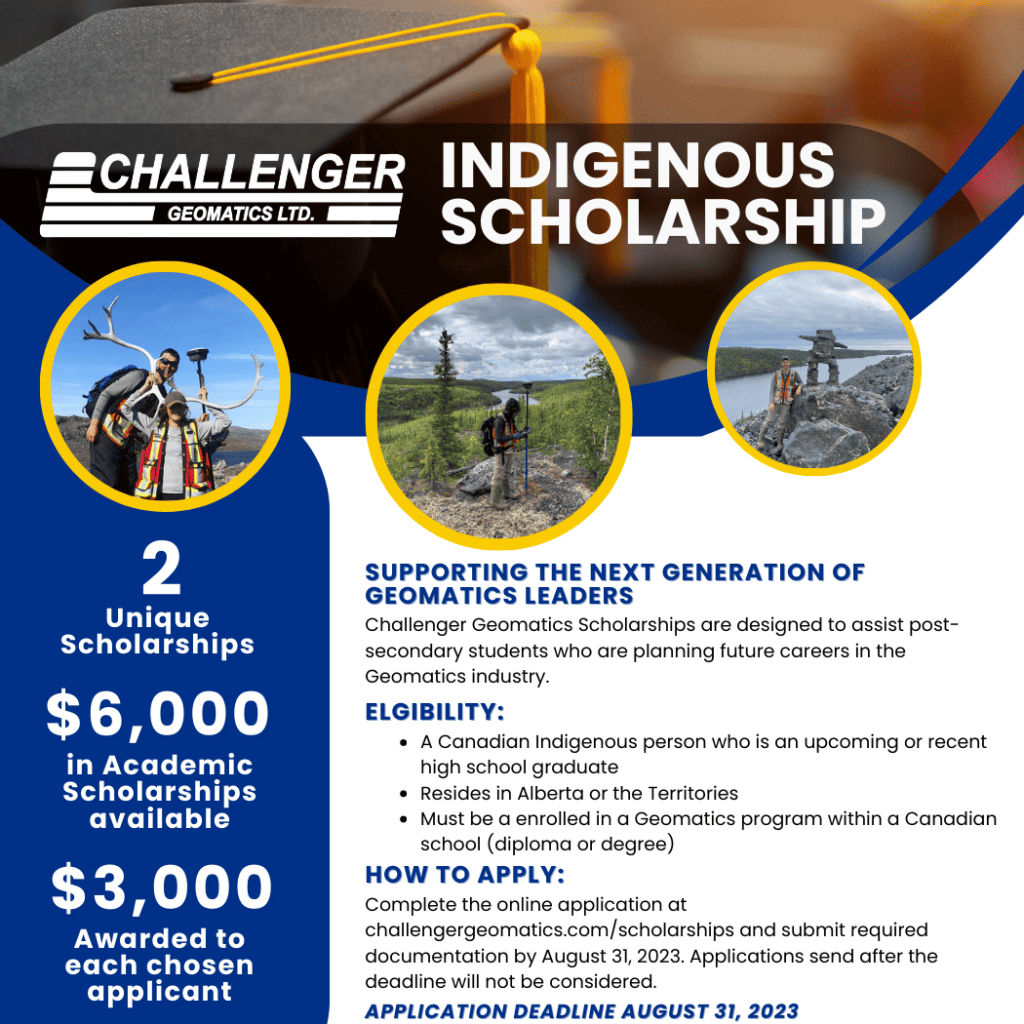For Indigenous students in Canada, the pursuit of education can be both exhilarating and challenging. While academic excellence and a thirst for knowledge drive them forward, financial barriers often stand in their way. Fortunately, a vibrant network of scholarships and financial aid programs is dedicated to supporting Indigenous students in achieving their educational dreams.

This article provides a comprehensive guide to Canada Indigenous student scholarships for 2025, equipping prospective applicants with the knowledge and resources needed to navigate the scholarship landscape successfully.
Understanding the Need for Scholarships
Indigenous communities in Canada have historically faced significant systemic barriers to education, resulting in unequal access to opportunities and disparities in educational attainment. These barriers include:
- Generational Trauma: The legacy of colonialism, residential schools, and ongoing discrimination has impacted intergenerational well-being and educational outcomes.
- Socio-economic Disparities: Limited access to resources, infrastructure, and economic opportunities directly influences a student’s ability to pursue higher education.
- Language and Cultural Barriers: Maintaining Indigenous languages and cultures while navigating a predominantly English-speaking education system can pose challenges.
Scholarships play a crucial role in mitigating these barriers by providing financial support, reducing the burden of tuition fees and living expenses, and empowering Indigenous students to overcome obstacles and thrive academically.
Exploring Scholarship Opportunities in 2025
Government-funded Scholarships:
- Canada Student Grants: Indigenous students are eligible for various Canada Student Grants, providing non-repayable financial assistance based on income and academic merit.
- Indigenous Student Support Program (ISSP):
Funded by Indigenous Services Canada, the ISSP offers bursaries, scholarships, and financial assistance to students pursuing post-secondary education
University-Specific Scholarships:
Many universities across Canada have dedicated Indigenous scholarships, aiming to increase Indigenous student enrollment and graduation rates.
Indigenous Organizations and Foundations:
The Assembly of First Nations (AFN): The AFN provides scholarship opportunities through its various programs and partnerships.
Métis National Council (MNC): The MNC offers scholarships to Métis students pursuing post-secondary education.
Private Foundations and corporations:
Numerous private foundations and corporations have established scholarships specifically for Indigenous students, recognizing the importance of supporting Indigenous talent and leadership.
Tips for Securing an Indigenous Student Scholarship
Start Early: Research scholarship opportunities well in advance of your application deadlines.
Meet Eligibility Criteria: Ensure you meet the specific criteria for each scholarship, including academic standing, enrollment status, and Indigenous identity.
Craft Strong Applications: Pay meticulous attention to all application requirements. Write compelling essays that highlight your personal story, academic achievements, and commitment to your community.
Secure Strong Letters of Recommendation: Request letters from individuals who can attest to your academic abilities, character, and potential.
Follow Up: Politely follow up with scholarship providers after submitting your application to ensure they have received your materials.
FAQ:
Q: What are the funding amounts for Indigenous student scholarships?
A: Funding amounts vary depending on the scholarship provider, program, and eligibility criteria. Some scholarships offer small grants, while others provide full tuition coverage and living expenses.
Q: Can I receive multiple Indigenous student scholarships?
A: In most cases, yes. Applying for several scholarships simultaneously increases your chances of receiving financial support. However, be sure to review each scholarship’s terms and conditions regarding concurrent awards.
Q: Is proof of Indigenous identity required for scholarships?
A: Yes, most scholarships require documentation to verify your Indigenous identity. This may include a status card, registered tribal membership, or a letter from an Elder or community leader.
Q: What type of degrees are eligible for Indigenous student scholarships?
A: Scholarships are generally available for a wide range of programs, including undergraduate, graduate, vocational, and professional degrees. Some scholarships may have specific program requirements.
Conclusion:
The journey of education is a transformative experience, opening doors to opportunities and empowering individuals to shape a better future. Scholarships specifically designed for Indigenous students in Canada play a vital role in ensuring equitable access to education and fostering the success of Indigenous individuals and communities.
By promoting academic excellence, supporting cultural continuity, and empowering future leaders, these scholarships contribute to a more inclusive and equitable society while honoring the unique contributions and resilience of Indigenous peoples. Aspiring Indigenous students are encouraged to explore the plethora of scholarships available, overcome any obstacles, and pursue their educational aspirations with confidence.
Closure
Thus, we hope this article has provided valuable insights into Nurturing the Next Generation: A Guide to Canada Indigenous Student Scholarships for 2025. We appreciate your attention to our article. See you in our next article!